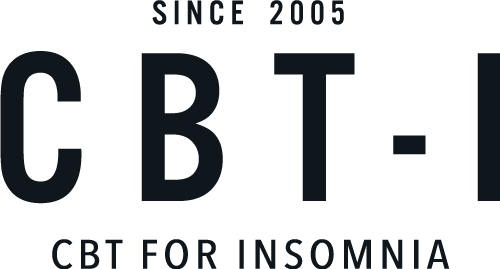CBT-I (Cognitive Behavioral Therapy for Insomnia) is proven to be the first-line treatment for adults with chronic insomnia. It improves sleep in 75-80% of insomnia patients and reduces or eliminates sleeping pill use in 90% of patients. And, in three major studies that directly compared CBT-I to sleeping pills, CBT-I was more effective than sleeping pills. CBT-I also has no side effects and maintains improvements in sleep long-term, and CBT-I doubles the improvement rates of depression compared to antidepressant medication alone in depressed patients with insomnia. It also improves sleep and reduces pain, menopausal hot flashes, fibromyalgia, substance abuse, and PTSD in insomnia patients with these co-morbid health problems.
In contrast to CBT-I, sleeping pills do not greatly improve sleep. Objectively, newer-generation sleeping pills such as Ambien are no more effective than a placebo. Subjectively, sleeping pills only increase total sleep time, and reduce the time it takes to fall asleep, by about 10 minutes . Furthermore, these small to moderate short-term improvements in sleep are often outweighed by significant side effects, particularly in adults age 60+. These side effects include impaired learning and memory, daytime sedation, dependency, and increased risk of overdose and depression as well as traumatic brain injury and dementia. Research also suggests that sleeping pills and drugs of abuse share the same neurobiological pathway involved in addiction, and 33 of 34 studies have shown an association between sleeping pill use and increased mortality rates. For this reason, Ambien, Lunesta, and Sonata have received new FDA black box warnings about potentially fatal side effects.




